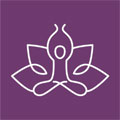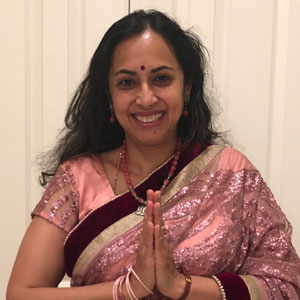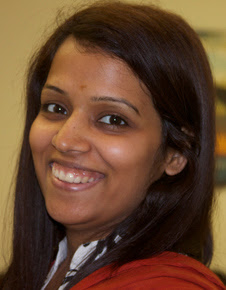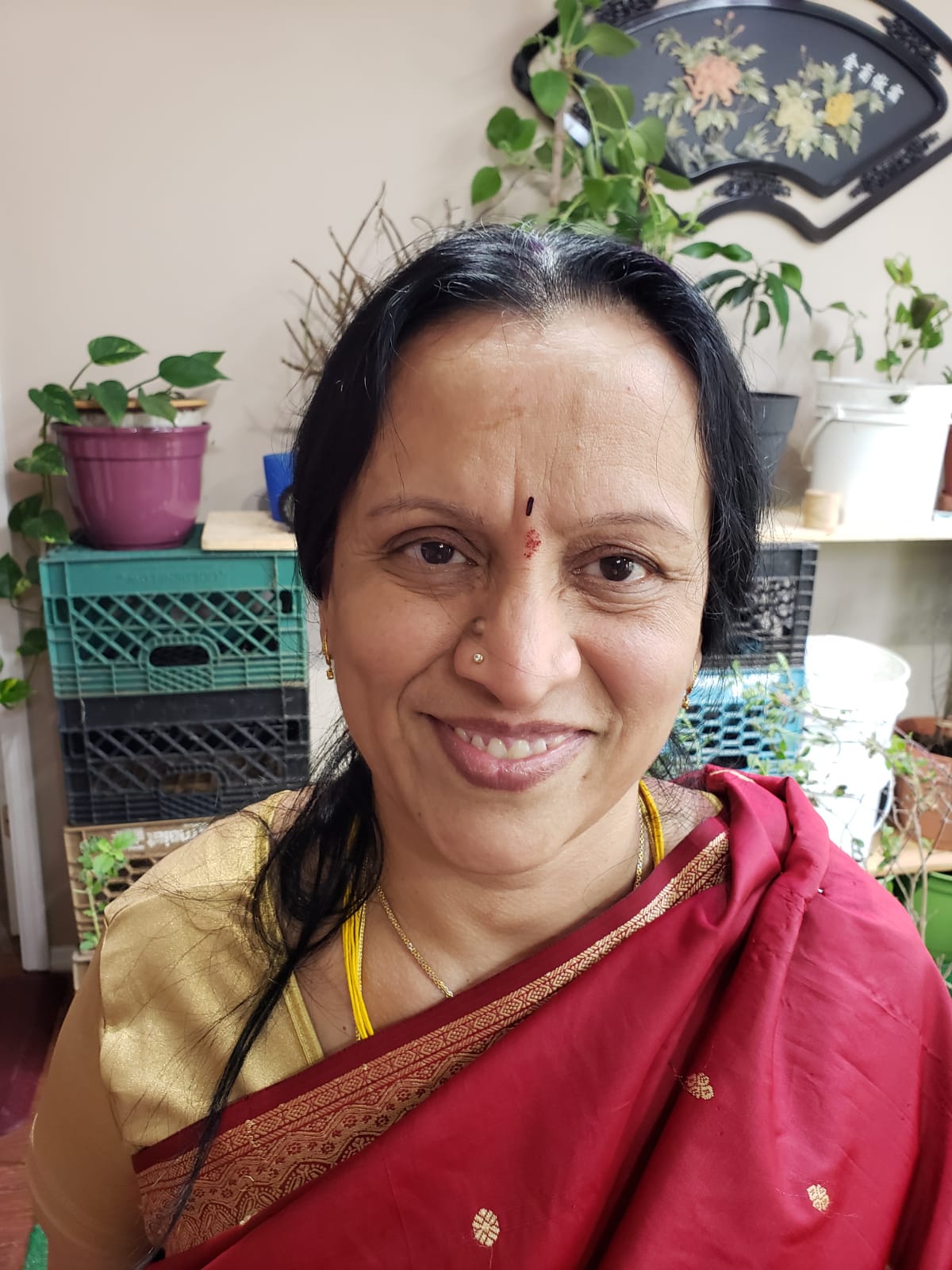Ayurveda (Ayur = life, Veda = science or knowledge) is a holistic, natural 5,000 year old mind-body-spirit Science of Healing from India. It uses modifications in lifestyle, diet, herbal remedies, yoga, meditation and various therapies and protocols like panchakarma, marma etc. to achieve optimal health. It also takes into account our relationship with ourselves, our family, community, society and nature.
Everybody is unique and an Ayurvedic practitioner creates an individualized treatment plan specifically designed for each person based on their constitution, imbalance, health history and environment. According to Sri Sri Ravi Shankar(https://wisdom.srisriravishankar.org/srisri-ayurveda-quality-of-life// srisri-ayurveda-quality-of-life/), Founder of Art of Living, “The practice of Ayurveda can truly enhance our quality of life.”
Ayurvedic Footprints was founded in August 2018 by a group of Ayurveda and Yoga professionals who believe that our lives are meaningful when we live in service and we use our knowledge of Ayurveda to help heal others. We would also like to disseminate knowledge about Ayurveda and Yoga, empowering people to take responsibility for their own health and well being.
The inspiration behind the company name came from the idea of living one’s life gently based on Ayurvedic principles and leaving a gentle footprint behind (much like one’s Carbon footprint).
Ayurvedic Footprints is an LGBTQ+ affirming practice.
We live in a world where advances in technology and science haven’t translated into better health or happiness. Stress levels, chronic illnesses, psychiatric ailments, cancer and all kinds of autoimmune disorders are at a record high. Our lifestyle is often sedentary, our diet and nutrition is sub-optimal, we eat a lot of genetically modified or processed foods, use all kinds of artificial and oft harmful chemicals, cleaning products, preservatives, pesticides and fertilizers in daily life and have a pretty dismal track record with the environment. We are also exposed to a lot of sensory, toxic inputs from the environment by way of social media and the news, and yet many of us experience loneliness and isolation. It is time to make a shift and Ayurveda provides a lot of answers.
Ayurveda defines health or Swastha as being balanced, centered and aware, being in harmony with ourselves, our family, community and environment. As we try and bring our life into balance and live a life infused with human values, we are on the path to better health, peace and happiness not just for ourselves but for the whole planet.
Ayurveda comes under the classification of Complementary and Alternative Medicine in USA and is recognized by the World Health Organization (WHO) as a complete natural Health Care System. It is a regular Medical Science in India, Nepal, Sri Lanka, Bangladesh, Bhutan, Mauritius and Hungary and is growing in popularity in many other countries.
Our Core Focus

General Ayurvedic Consultations
Optimize health (preventative and for specific ailments) with diet and lifestyle guidance according to body constitution,imbalance, status of agni and ama, srotas impacted, daily and seasonal rhythms; provide do’s and don’ts and suggestions for herbs, yoga, meditation and healing protocols like panchakarma, abhyanga, marma etc.. We help with all ailments like migraines, high cholesterol, obesity, diabetes etc.
Children with special needs
In our world, in the current environment, a number of children are struggling with special needs and we wonder why? Some theories attribute it to over diagnosis but that is only part of the reason. Possible causative factors are anomalies in our diet and lifestyle that can help alleviate some of these issues in young children. We recommend specific diet/lifestyle modifications, herbs, yoga therapies, mudras, meditation and treatment protocols to help children with special needs.
Weight Management with Ayurveda
In a state of health, weight management is a natural by product. This is the age of diets and fads and our focus is on nutrition and well being. If our clients have weight management as an objective, we can help with long term, sustainable solutions.
Our Inspiration
The inspiration behind the company name came from the idea of living one’s life gently based on Ayurvedic principles and leaving a gentle footprint behind (much like one’s Carbon footprint). Ayurveda defines health or Swastha as being balanced, centered and aware, being in harmony with ourselves, our community and environment. As we try and bring our life into balance and live a life infused with human values, we are on the path to better health not just for ourselves but for the whole planet.
Our Vision
When we transform the health and happiness of one individual, we change the world for the better.
Our Mission
The mission of Ayurvedic Footprints is to transform the lives of our clients by providing healing inputs and being with them through their journey to attain optimal health and happiness. We also want to aid in spreading knowledge of Ayurveda and Ayurvedic principles in the community to empower people to take responsibility for their own health.Basic Principles of Ayurveda
Ayurveda is about living mindfully and gently in tune with nature.
The definition of Health According to Ayurveda (also adopted by WHO) is, Samadosha, sama agni ca sama dhatu malakriyah, Prasanna atma indriya manah swasth iti abhidhiyate – Sage Sushruta. Meaning: A person who is centered and balanced is healthy; this happens when the doshas (life forces or energies) are in equilibrium, tissues, digestion, metabolism and excretion are optimal and balanced, and sense organs, mind and spirit are pleasant and content.
Ayurveda is a Circadian Science. We are part of nature and we follow the rhythms of nature to be healthy on a daily (dinacharya) and seasonal basis (ritucharya) while being mindful of our own biorhythms and stage of life.
The body-mind constitution is called our Prakriti (a combination of doshas, Vata, Pitta and Kapha, which are physical, mental and emotional energies or that govern our functionality, affinities and health). The three doshas are made up of the five elements in nature, Space or akasha, Air or vayu, Fire or tejas, Water or aapa/jala and Earth or prithvi.
◦Vata Dosha – Air, Ether
◦Pitta Dosha – Fire, Water
◦Kapha Dosha – Earth, Water
Our Prakriti is unchanging but our mental constitution is in a constant state of flux (Sattwa characterised by purity, Rajas, characterised by ambition and restlessness and Tamas, characterised by inertia) and our mental state can really impact our health. We all need some Rajas, and some Tamas to survive, for instance, without Rajas we would not be able to get out of bed (and be motivated to achieve things); without Tamas, we would not even sleep. What helps is understanding and observing this change, being a witness and our lifestyle and diet play a major role in that as do exercise, yoga and meditation.
We can attain a state of balance by optimizing our lifestyle and diet based on our body and mental constitution, and our environment. Being in good health helps us achieve our life goals and we are empowered to make choices everyday, feeding our inner healer or our imbalance.
The reason the energies are called Dosha is because it means they can get a Dosh (imbalance), as can the mind, and cause disease. There are various other factors that may cause diseases like stress, environmental or genetic factors. A specific protocol is designed for an imbalance a person may have. There are different protocols for different stages of a disease.
Another important factor we consider is the Agni (metabolic and digestive fire) of an individual. This is the ability to metabolize not just nutrition but also the sensory inputs we receive. To strengthen one’s digestive fire, we must eat mindfully, at proper times, when we are hungry, eat warm, cooked, unctuous foods, avoid wrong food combinations and exercise and some herbs and spices aid in digestion (based on one’s prakriti or vikrati). Similarly, we need to ensure that our tissue nutrition and metabolism that are governed by agni are in order. Impaired agni can lead to formation of ama, a toxic, undigested residue which is responsible for most ailments.
Eating a balanced diet in Ayurveda involves eating all six tastes (sweet, salty, sour, pungent, bitter and astringent) in every meal. There are also considerations of one’s imbalance (if any) and seasonal changes to take into account.
Ayurvedic herbs are natural and therefore easier for the body to assimilate without side effects, they can be nutritive, preventative, often broad spectrum and can aid in healing various ailments as an alternative to, or alongside conventional treatments.
Ayurvedic living involves everything in balance, sleep, rest, work and taking good care of oneself. Ayurvedic treatments involve, in addition to herbs, lifestyle and diet changes, yoga, pranayama, meditation and powerful healing protocols like panchakarma and marma.
Our Special Team
We are a group of professionals with complementary skills in the area of Ayurveda and alternative therapies; an Ayurvedic Vaidya, an Ayurvedic Wellness Counselor, a Yoga Therapist, an Ayurvedic Food Catering Expert and a Marma Therapist.

Anuradha Gupta is Ayurvedic Doctor-Level Certified (NAMACB) and Certified Ayurvedic Practitioner trained from Kerala Ayurveda. She is an Engineer from BITS, Pilani, India and an MBA from the Indian Institute of Foreign Trade, New Delhi, India. She has worked in the corporate industry with Unilever, IMRB and Interloci in Supply Chain, Outsourcing, Marketing and Market Research for over a decade . She taught International Business as an Associate Professor at SP Jain College of Management, Mumbai, India. She brought her corporate experience to the nonprofit world and has spent the last ten years learning ways to de-stress, meditate, and has organized courses and events for the Art of Living Foundation. She is a daily practitioner of Yoga and Meditation, a writer, a spiritual seeker and a Reiki Master (not active). Anu is studying the Ayurvedic Doctor Program at Kerala Ayurveda. She enjoys reading history, theology, jokes and research on health (not necessarily in that order). She lives with her husband and two kids in San Ramon, CA.

Vaidya Mamta is a BAMS Ayurvedic Practitioner. She completed her BAMS from Bharti Vidya Peeth, Pune, India in 2004. After graduating, Mamta worked in a multispeciality hospital in Delhi while offering private consultations at her own clinic. She later moved to Bangalore where she worked at Artha AyurvedaVaidya Mamta is a BAMS Ayurvedic Practitioner. She completed her BAMS from Bharti Vidya Peeth, Pune, India in 2004. After graduating, Mamta worked in a multispeciality hospital in Delhi while offering private consultations at her own clinic. She later moved to Bangalore where she worked at Artha Ayurveda Hospital. She also had a private practice in Bangalore. In India, Mamta was a duty doctor in the hospitals where she practiced, working on evaluating patients, providing treatment plans and follow ups and prescribing therapies in conjunction with Panchakarma therapists.

Lavaanya Singh is a 200 Hr certified Yoga Therapist, has over a decade of experience in providing Yoga therapy to myriad clients and has worked with many Yoga studios in the Bay Area. She practices and is certified to teach Yin Yang Yoga as well. Previously, she was a journalist and has worked for one of the leading newspapers in India. She is a senior Art of Living teacher who teaches programs for adults (Happiness Program which comprises of breathwork, yoga, meditation and practical wisdom for daily living), for college students/young professionals (Youth Empowerment Seminar or YES+) as well as for young kids (All-round Training in Excellence or ArtExcel). She is also on the Board of Art of Living. Lavaanya is in the process of obtaining her Ayurveda Certification. She strongly believes in overall fitness including physical, mental and emotional well-being. She loves music and likes to DJ in her spare time. She lives with her husband and two kids in San Ramon, CA.

Koushalya Iyengar is a South-Indian, who has a great passion in cooking variety of vegetarian dishes. She has Master’s degree in Commerce, Masters of Corporate Secretaryship, Master of Philosophy and Bachelor of Education. She was a Commerce Teacher and a Principal in Vivekananda Matriculation Higher Secondary School in India. After that, she was running an elementary K-7 school in Tamil Nadu. After coming over to USA, she got involved with the family restaurant, managing and running it on a daily basis for many years in New Jersey. She has been volunteering for Art of Living for a very long time and is an Art of Living organizer, besides providing healthy, wholesome food for many courses and being a vital part of the food preparation team for courses. She is famous for cooking sattvic food and has a good number of private clients. She caters dosha-specific Ayurvedic food for her clients. She lives with her husband and a son in San Ramon, CA.

